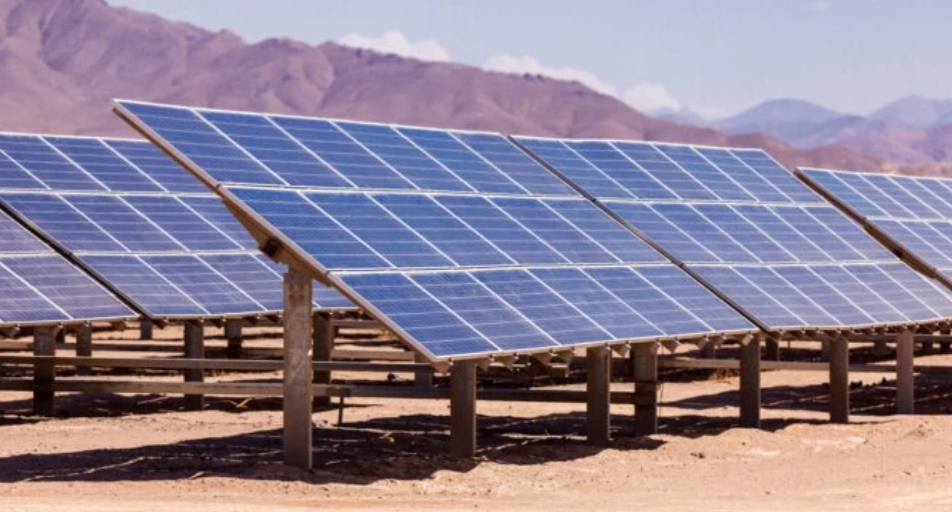The United Kingdom has called on the federal government to consider the issuance of tarrifs and customs duty exemption on solar-powered equipment to accelerate Nigeria’s energy access and low carbon energy transition.
This is contained in a communique issued during the fifth ministerial meeting of the UK-Nigeria economic development forum, held virtually on Tuesday.
Recall that the Nigerian Customs Service (NCS) on February 2018 imposed a five percent duty and a five percent value added tax (VAT) on solar panels coming into Nigeria.
This was asides the already 20 percent customs duty on deep-cycle batteries required for energy storage.
The development contravened a federal government law — common external tariff (CET) 8541.4010.00 — that places zero percent import duties on solar panels to encourage the use of renewable energy and diversification of power sources.
However, Joseph Attah, NCS public relations officer (PRO) said the CET code only applies to solar panels.
“We are not saying if today you bring only solar panel, it will not be zero percent, it will still be zero percent in accordance with government policy. When you now bring other components by our tariff classification, it’s no longer under 8541,” Attah explained.
A bilateral technical group is expected to be established by both countries to review the proposal and report to the Nigeria’s Minister of Industry, Trade and Investment and the Minister of Finance for necessary action.
The meeting was attended by Adeniyi Adebayo, minister of industry, trade and development; Zainab Ahmed, minister of finance budget and national planning; Hameed Ali, comptroller-general of Nigeria Customs Service (NCS) and Ranil Jayawardena, UK minister of international trade.
The UK counterpart presented to the ministers the UK’s new investment deals brokered in renewables, waste management and light manufacturing.
The ministers agreed to sustain this effort and also canvassed the duty exemption on solar equipment as a way to accelerate Nigeria’s energy access.
According to the communique, the ministers expressed satisfaction with the progress made by the legal services technical working group and they also agreed that a framework for the legal services partnership can set the foundations for future cooperation in other professional services areas.
